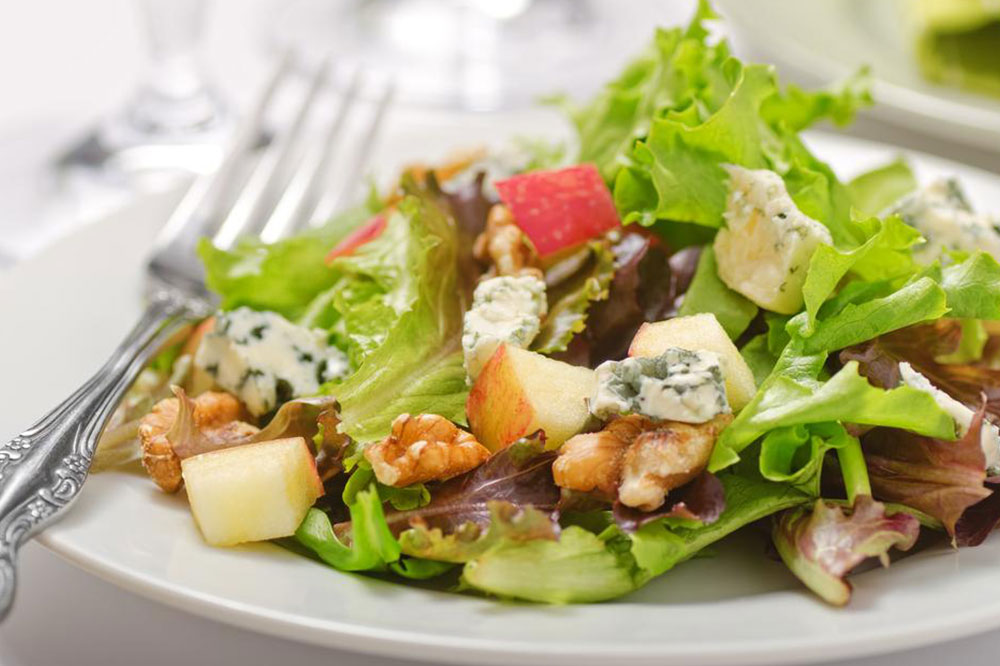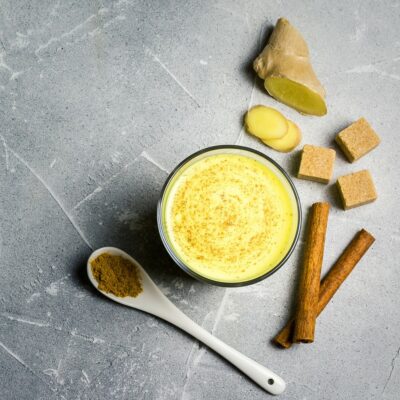
Why Diets are Critical for Lowering Blood Pressure
While you may have been given medication to keep your blood pressure in check, you also need to implement significant food changes to your diet for better health in the long run. Most of the clogging of the arteries is caused due to the cholesterol buildup from the food that you consume. It may be a question to you as to how diet changes can impact your blood pressure. It has been proven that food does impact your blood pressure levels to a dramatic extent.
One of the primary culprits that you will be warned about when you want the best diet tips for lowering blood cholesterol is salt. You need to find a good balance of foods such as nuts, whole grains, vegetables, fruits, beans, low-fat dairy foods, unsaturated fats, etc., to get the required nutrients for boosting your overall health in the long run.
Following a diet to lower blood pressure is not just about sticking to one magic food that will keep everything in check, but it is about making serious lifestyle changes and adopting a diet with the right ingredients. Some well-known diet plans that have worked well in lowering blood pressure in a lot of people are Dietary Approaches to Stop Hypertension (commonly known as the DASH diet). Mediterranean diets, OmniHeart diet, healthy-heart diet also reduces the risk of other blood pressure-associated-diseases such as heart attack and stroke.
Taking medication does help with blood pressure control but it is not sufficient to keep the problem at bay if you are eating whatever you like and exposing yourself to health-related complications. In addition, you need to remember that you cannot take any medicine for too long as most of them have their own share of side effects that can end up being triggers for other health-related issues in the future.
Here are a few diet tips for lowering blood pressure to begin with:
- Stick to the consumption of nuts, legumes, and fish.
- Make sure you burn a lot of calories so that your blood circulation is fine.
- Skip out any desserts or sweets, and stick to natural foods and vegetables.
- Give up on white flour ingredient-based foods such as pasta or bread, and move on to whole grain-based foods as they are a healthier alternative to processed foods.
- Switch to eating fruits than drinking them as a juice.
- Cook your meals with unsaturated fats such as canola, soybean, corn, peanut, or olive oil and throw out butter, palm kernel oil, etc.
- Switch out the processed foods with fresh or frozen foods.
- Do not season with salt but try to use natural low sodium ingredients such as spices, vinegar, herbs, and other forms of flavorings.
The best way to know the best diet for you is to begin by taking stock of what you eat on an everyday basis in a food journal. Start making modifications that will last you for the long run.


